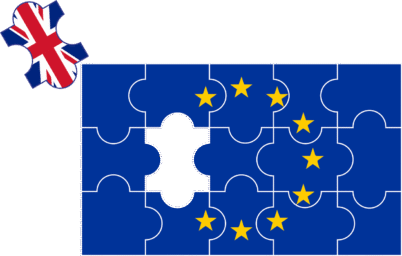The European Union and its Western Balkan partners are strengthening joint efforts to tackle radicalisation, terrorism, and organised crime. All of which are seen as critical to the region’s future EU accession.
Countering radicalisation, terrorist financing, violent extremism, and drug trafficking. Those were the key topics discussed in Sarajevo this week, as EU officials, lead by Commissioner for Internal Affairs and Migration Magnus Brunner, together with their Western Balkans counterparts signed the new Joint Action Plan on Preventing and Countering Terrorism and Violent Extremism.
The strategy discussed during the meeting in the Bosnia and Herzegovina capital is seen as essential to ensure the bloc’s safety amid the possible future enlargement.
The new Joint Action Plan sets out a comprehensive framework built around five key objectives: strengthening legal and institutional capacities, preventing radicalisation, improving cross-border cooperation, tackling terrorism financing, and protecting citizens and critical infrastructure. It calls on Western Balkan partners to align with EU legislation on counter-terrorism, victims’ rights, and online terrorist content, while developing robust national threat assessments and regional networks of analysts.
You might be interested
“Building on the achievements of the 2018 plan,” the document notes, “the new plan aims to enhance the capacities of the Western Balkan partners to fight against terrorism, prevent and counter violent extremism, and further align with the EU acquis, standards and policies in this field.”
Online platforms as playground for radicals
A strong emphasis is placed on online radicalisation, gender-sensitive approaches, and the misuse of new technologies, including artificial intelligence, drones, and cryptocurrencies, highlighting social media and online gaming platforms as the main vector for radicalising and recruiting vulnerable young people. The plan stress the need for effective cooperation with online platforms to refer illegal content and ensure lawful access to data. The support of EU agencies in facilitating new opportunities for cooperation within the region and beyond is crucial.
The plan foresees closer cooperation with Europol, Eurojust, and CEPOL to strengthen law enforcement and judicial capacities, while promoting community-based prevention and rehabilitation programmes.
Five candidate countries in the Western Balkans
Of the nine official candidate countries for membership of the European Union, five come from the Western Balkan region: Albania, Bosnia and Herzegovina, Montenegro, North Macedonia, and Serbia. Kosovo is a potential candidate; however candidate country status has not yet been granted. Accession negotiations with individual countries are at various stages. Albania and Montenegro are currently closest to joining the EU.
The accession process follows a series of formal steps from a pre-accession agreement to the ratification of the final accession treaty. These steps are primarily presided over by the European Commission (Enlargement Commissioner and DG for Neighbourhood and Enlargement).
Following the introduction of the revised methodology for the accession negotiations in 2020, negotiating chapters are divided into six thematic clusters. These are fundamentals, internal market, competitiveness and inclusive growth, green agenda and sustainable connectivity, resources, agriculture and cohesion, and external relations.










